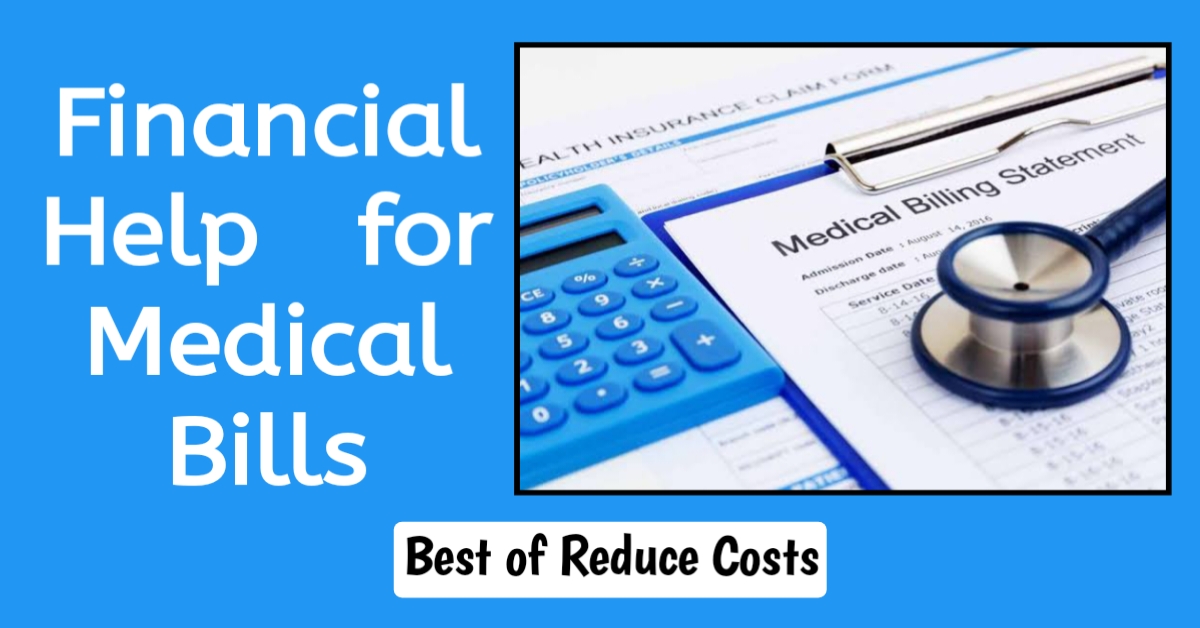Medical expenses can create a heavy financial burden, especially during unexpected health emergencies. Many patients face high hospital bills, costly treatments, and prescription expenses. The good news is there are several options for financial help for medical bills that can ease this stress. Whether through government programs, charity organizations, or hospital aid, assistance is available to help you manage healthcare costs.
Government Programs for Medical Bills
The financial help for medical bills comes from government programs. Medicaid and Medicare offer coverage for low-income individuals, seniors, and people with disabilities. Medicaid helps reduce hospital, surgery, and medication costs for eligible families. Medicare, on the other hand, provides healthcare benefits primarily for people aged 65 and older. Medical financial assistance programs to help residents who do not qualify for federal aid but still struggle to pay medical expenses.
Hospital Financial Assistance
Many hospitals offer charity care or financial assistance plans for patients with limited income. These programs can lower your medical bills or even eliminate them based on your financial situation. It’s important to contact the hospital billing department and ask about available assistance before or after treatment. Hospitals may also allow payment plans that break your medical bills into smaller, more manageable monthly installments without high interest.
Nonprofit Organizations and Charities
Several nonprofit organizations provide medical financial help for patients facing serious illnesses. Groups such as the HealthWell Foundation, Patient Advocate Foundation, and CancerCare offer grants and funding for medical treatments, prescription drugs, and travel expenses for medical care.
These charities aim to support patients who cannot afford necessary treatments, ensuring they receive proper healthcare without overwhelming financial stress.
Crowdfunding and Community Support
Crowdfunding for medical expenses has become a popular way to raise money. Platforms like GoFundMe allow friends, family, and even strangers to contribute towards your medical bills. Community groups, religious organizations, and local fundraising events can also provide financial assistance for medical costs. Sharing your story can inspire more people to help, especially during emergencies.
Health Insurance
Having the right health insurance plan can significantly reduce out-of-pocket costs. If you already have insurance, check your policy for coverage details, deductibles, and co-payment limits. Some employers also offer supplemental health coverage or medical savings accounts that can help pay for treatment.
Negotiating Your Medical Bills
Many people are unaware that medical bills can be negotiated. Contact your healthcare provider to request an itemized bill and review it for errors. In some cases, providers may agree to reduce charges or offer discounts if you can pay in cash or make partial payments upfront.
The End
High healthcare costs can be stressful, but there are many ways to find financial help for medical bills. Government aid, hospital assistance programs, nonprofit organizations, crowdfunding, and insurance options can all reduce your financial burden. By exploring these resources and negotiating costs, you can focus on your recovery instead of overwhelming debt.
